6 hidden reasons you’re gaining weight
By naturopath Margaret Jasinska
Most of us have gained a few kilos at various stages of our lives: during a holiday, over Christmas; after a relationship breakup, during winter or during a particularly stressful life episode. We usually expect to gain some weight at those times, so when our clothes start feeling tight it isn’t a surprise.
However, sometimes you are not expecting to gain weight. You may be following a healthy diet and lifestyle while getting regular exercise, yet the scale still nudges upward. This can be incredibly frustrating, not to mention emotionally upsetting.
Here are 6 unexpected reasons you may be gaining weight:

1. You have a fatty liver and don’t know it
Approximately one in 5 adults in Australia has a fatty liver, which many of them don’t realise. Your liver is supposed to be the main fat burning organ in your body. If you have an unhealthy liver you will not burn fat adequately and it will accumulate around your torso. People with a fatty liver have a slow metabolism and they are more likely to experience fatigue and indigestion. If you are concerned about the health of your liver, ask your doctor for a blood test called a liver function test. See book titled Fatty Liver You Can Reverse It.

2. The medication you take is making you gain weight
There are a great many drugs in this category; some examples include the oral contraceptive pill, hormone replacement therapy, some antidepressants, some antipsychotics, medication for epilepsy and some drugs used for breast cancer and prostate cancer. I don’t recommend you stop taking your medication, although if you’ve experienced a significant amount of weight gain, please discuss with your doctor the possibility of an alternative medication. People who need to take several different drugs typically experience weight gain because of the added strain placed on the liver to break down and excrete them.

3. You have a food allergy or intolerance
Many people don’t realise that food sensitivities can cause weight gain or inhibit weight loss. If you regularly ingest a food you are allergic to, your immune cells mount a response and release a host of inflammatory chemicals. The excessive inflammation generated in the body can cause insulin resistance by inhibiting the correct function of insulin receptors. Not every allergy produces extreme symptoms such as swelling or itching. Sometimes food sensitivity can cause a very subtle reaction; fatigue, insomnia, blocked sinuses, dark circles under the eyes or abdominal bloating are all common symptoms. It is best to see a naturopath or nutritionist to help you uncover problematic foods.
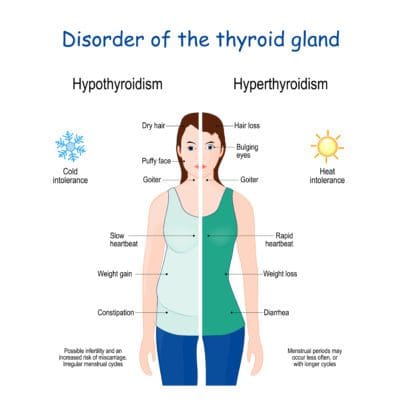
4. You might have subclinical hypothyroidism (under active thyroid gland)
This is an extremely common problem. It is most common in women, however at our clinics we are seeing increasing numbers of men who suffer with this condition. Your thyroid gland controls your metabolism. If it is sluggish you will also have a sluggish metabolic rate and be prone to weight gain and fluid retention. Your doctor can give you a blood test to check the health of your thyroid gland, but the problem is, most blood tests are nowhere near comprehensive enough. Simply having a TSH blood test is not enough because this can be in the normal range during early stages of thyroid dysfunction. It is important to have other hormones tested, as well as thyroid antibodies. This is explained in our book Your Thyroid Problems Solved.

5. You are suffering from depression
We all know that a person who feels sad or lonely tends to eat more comfort food. Sometimes the symptoms of depression are a lot more subtle and you may not realise that you’re actually depressed. Many people don’t feel as happy in winter as they do in summer. Perhaps you’ve recently experienced a series of stressful events and that has affected your usually positive mood. Depression usually affects a person’s appetite; some people eat less, but the majority eat more. Depressed people often don’t feel the same satisfaction from a meal and therefore tend to eat larger portions or snack throughout the day. They also tend to crave carbohydrate rich foods because they can help increase serotonin production. There is a lot of helpful information in the book Help for Depression and Anxiety.
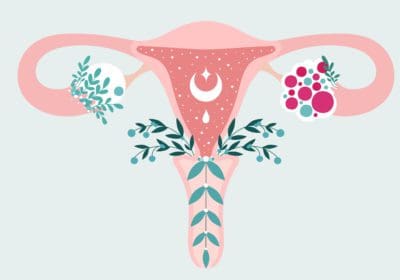
6. You have Polycystic Ovarian Syndrome (PCOS)
This is the most common hormonal imbalance in young women. Sometimes the symptoms are quite extreme, but other times they are subtle and the condition is never diagnosed. Typical symptoms include abdominal weight gain, loss of scalp hair, acne or greasy skin, excess facial hair, infrequent or absent menstruation. The great majority of women with PCOS have insulin resistance, which is also known as syndrome X. Their bodies produce excess amounts of insulin, which promotes weight gain around the torso, and makes it nearly impossible to lose weight. Sometimes vitamin D and iodine deficiency can contribute to the condition. In order to lose weight, women with PCOS need to follow a specific, low carbohydrate eating plan. Eating less and exercising more simply does not work for them. Neither does a low GI diet. There’s lots of information on PCOS in the book Hormones Don’t Let Them Ruin Your Life.
For more information see the book I Can’t Lose Weight and I Don’t Know Why.
To book a consultation with Margaret, email her at margaretj@cabothealth.com.au




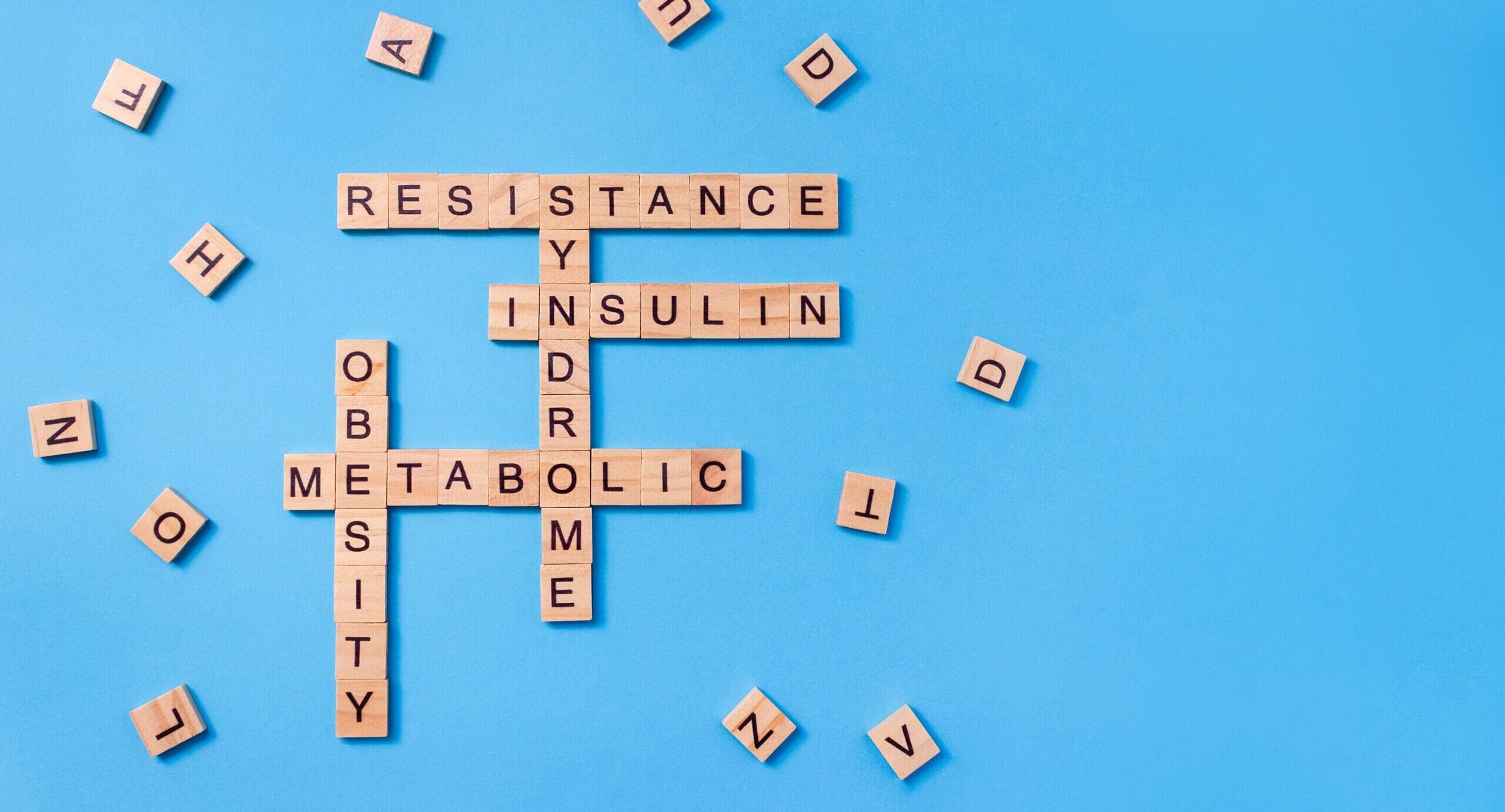
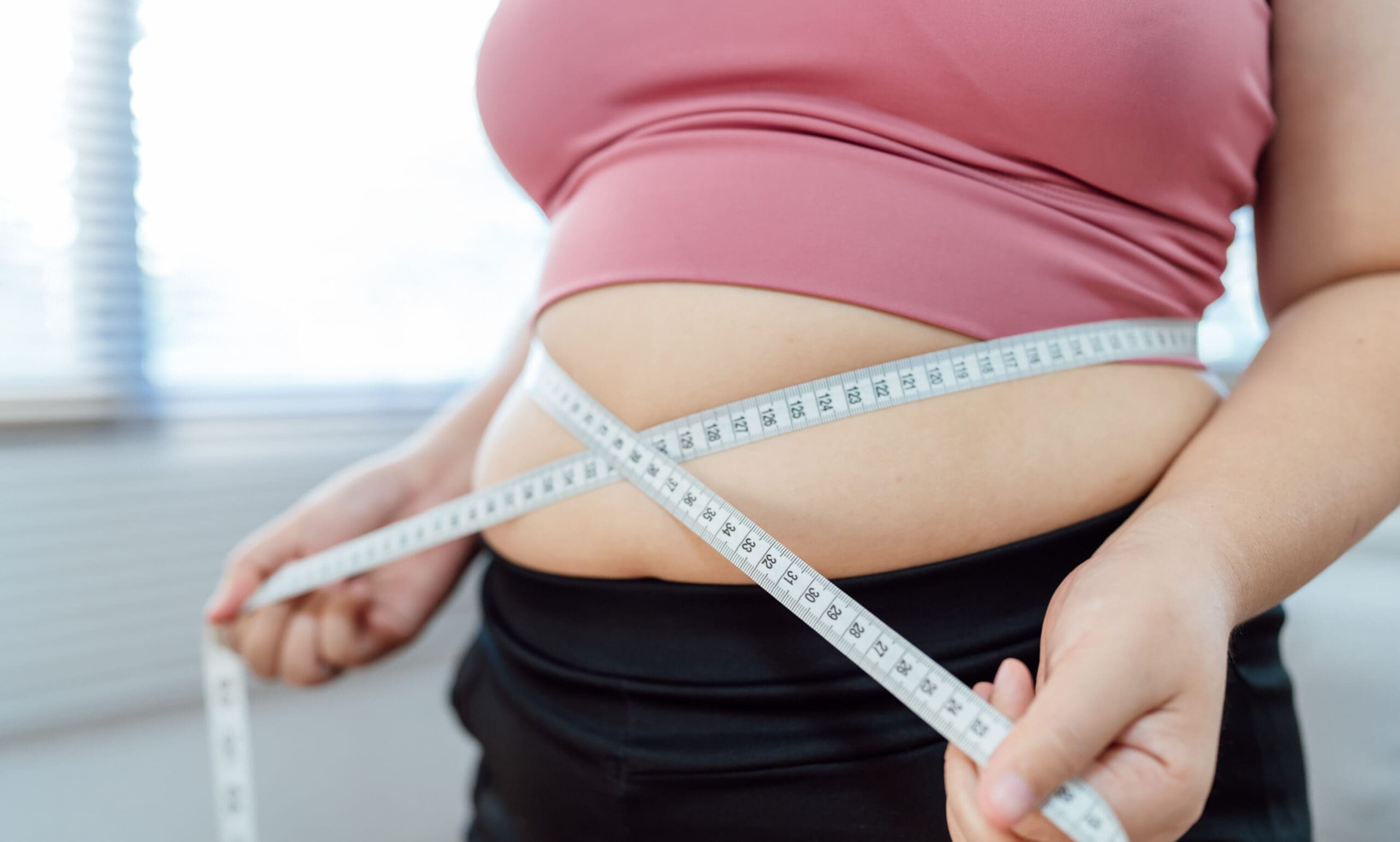
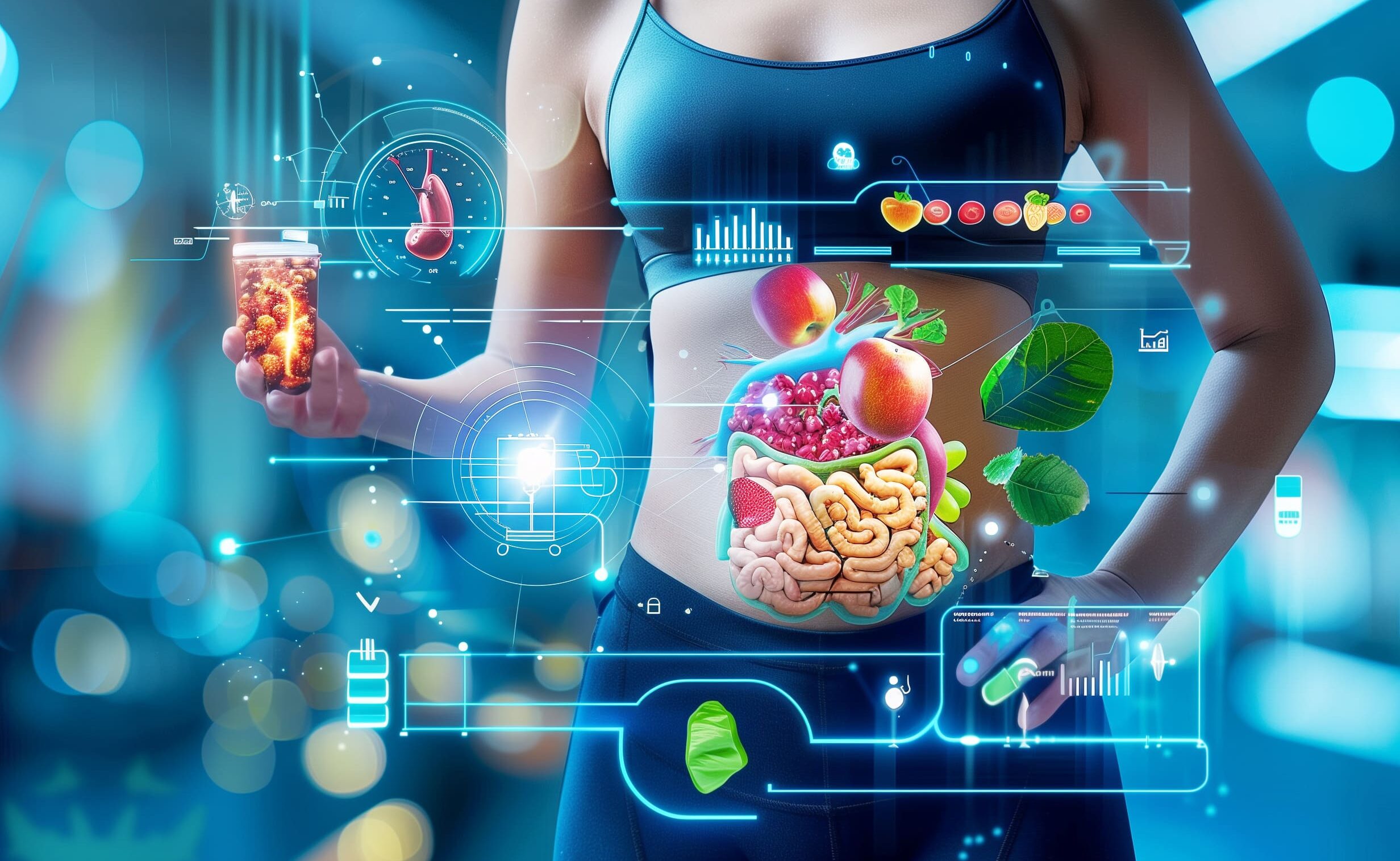
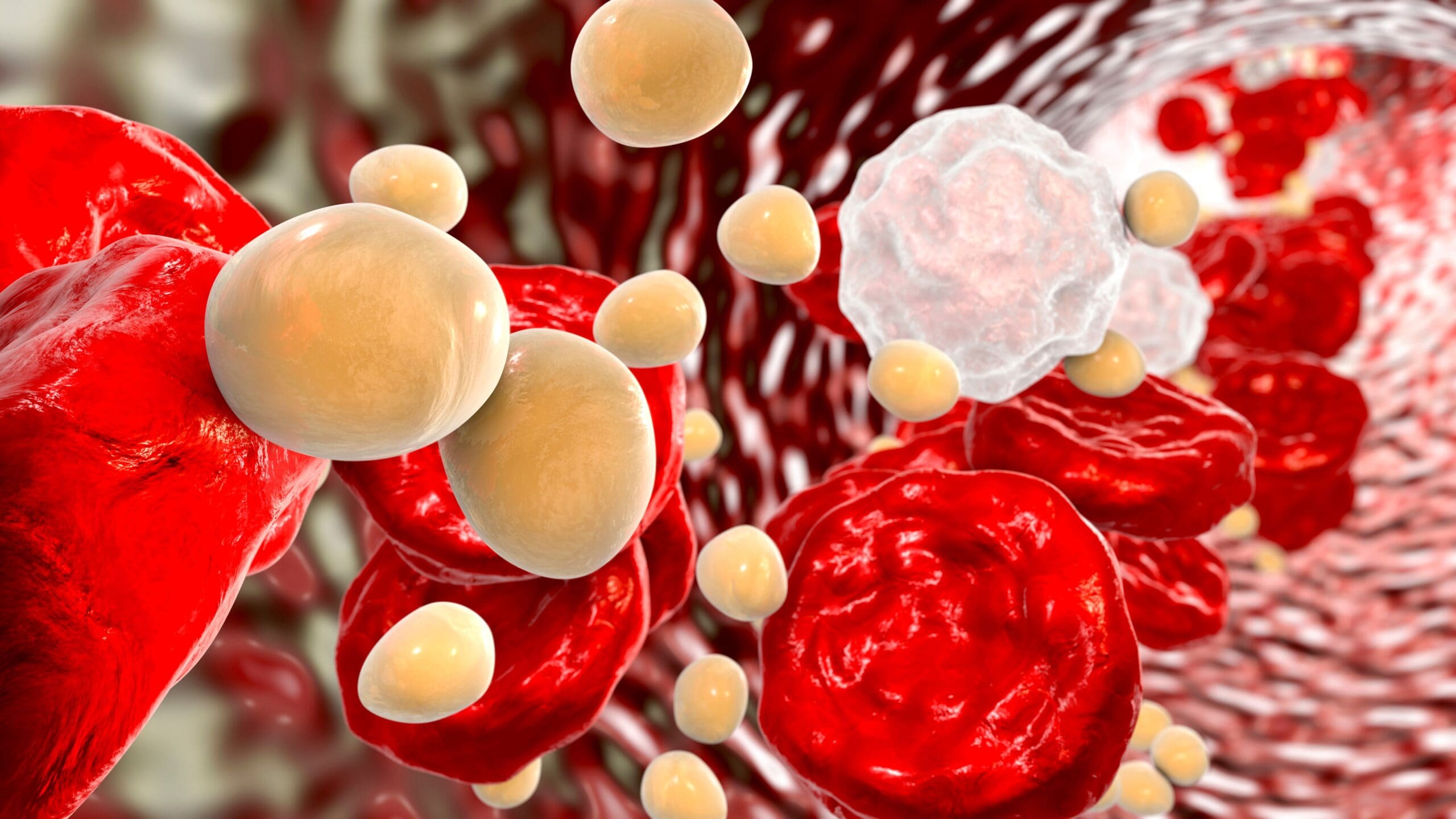

Leave A Comment